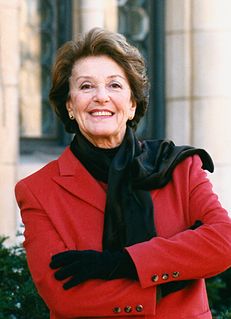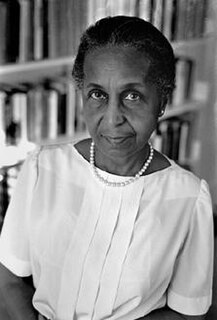 W
WEdith Pauline Alderman was an American musicologist and composer. She was the founder and the first Chairwoman of the Department of Music History and Literature (musicology) at the University of Southern California, between 1952 and 1960.
 W
WAriel Serena Hedges Bowen was an African-American writer, temperance activist, and professor of music at Clark University in Atlanta in the late 19th and early 20th centuries. Twentieth Century Negro Literature (1902) noted that "she is regarded as one of the foremost and best cultured women of her race."
 W
WNatalie Curtis Burlin was an American ethnomusicologist. Curtis, along with Alice Cunningham Fletcher and Frances Densmore, was one of a small group of women doing important ethnological studies in North America at the beginning of the 20th century. She is remembered for her transcriptions and publication of traditional music of Native American tribes as well as for having published a four-volume collection of African-American music. With her young death in 1921, Curtis wasn't able to fully close out her career and bring her works together.
 W
WMartha Ellen Davis is an emeritus professor from the University of Florida, anthropologist and ethnomusicologist known for her multifarious work on African diasporic religion and music. Professor Davis' research has defied conventional tenets about Haitian and Dominican folk music, and her cultural preservation projects has raised awareness of the significance of the Samaná Americanos' enclave.
 W
WSophie Lewis Drinker was an American author, musician, and musicologist. She is considered a founder of women's musicological and gender studies.
 W
WVivian Perlis was an American musicologist and the founder and former director of Yale University's Oral History of American Music.
 W
WAnne K. Rasmussen, born in 1959, is an American educator and ethnomusicologist. Much of her research focuses on Arab music in the US and Islamic ritual and performance. She has been the director of the William & Mary Middle Eastern Music Ensemble since 1994. Rasmussen was named the William M. and Annie B. Bickers Professor of Middle Eastern Studies in 2014.
 W
WJean Ruth Ritchie was an American folk singer, songwriter, and Appalachian dulcimer player, called by some the "Mother of Folk". In her youth she learned hundreds of folk songs in the traditional way, many of which were Appalachian variants of centuries old British and Irish songs, including dozens of Child Ballads. In adulthood, she shared these songs with wide audiences, as well as writing some of her own songs using traditional foundations. She is ultimately responsible for the revival of the Appalachian dulcimer, the traditional instrument of her community, which she popularized by playing the instrument on her albums and writing tutorial books. She also spent time collecting folk music in the United States and in Britain and Ireland, in order to research the origins of her family songs and help preserve traditional music. She inspired a wide array of musicians, including Bob Dylan, Joan Baez, Shirley Collins, Joni Mitchell, Emmylou Harris and Judy Collins.
 W
WHelen Heffron Roberts (1888–1985) was an American anthropologist and pioneer ethnomusicologist. Her work included the study of the origins and development of music among the Jamaican Maroons, and the Puebloan peoples of the American southwest. Her recordings of ancient Hawaiian meles are archived at the Bernice P. Bishop Museum in Honolulu. Roberts was a protege of Alfred V. Kidder and Franz Boas.
 W
WEileen Jackson Southern was an American musicologist, researcher, author, and teacher. Southern's research focused on black American musical styles, musicians, and composers; she also published on early music.
 W
W(Julie) Loraine Wyman was an American soprano, noted for her concert performances of folk songs, some of which she collected herself from traditional singers in field work. Paul J. Stamler has called Wyman "the first real practitioner of the urban folk revival."